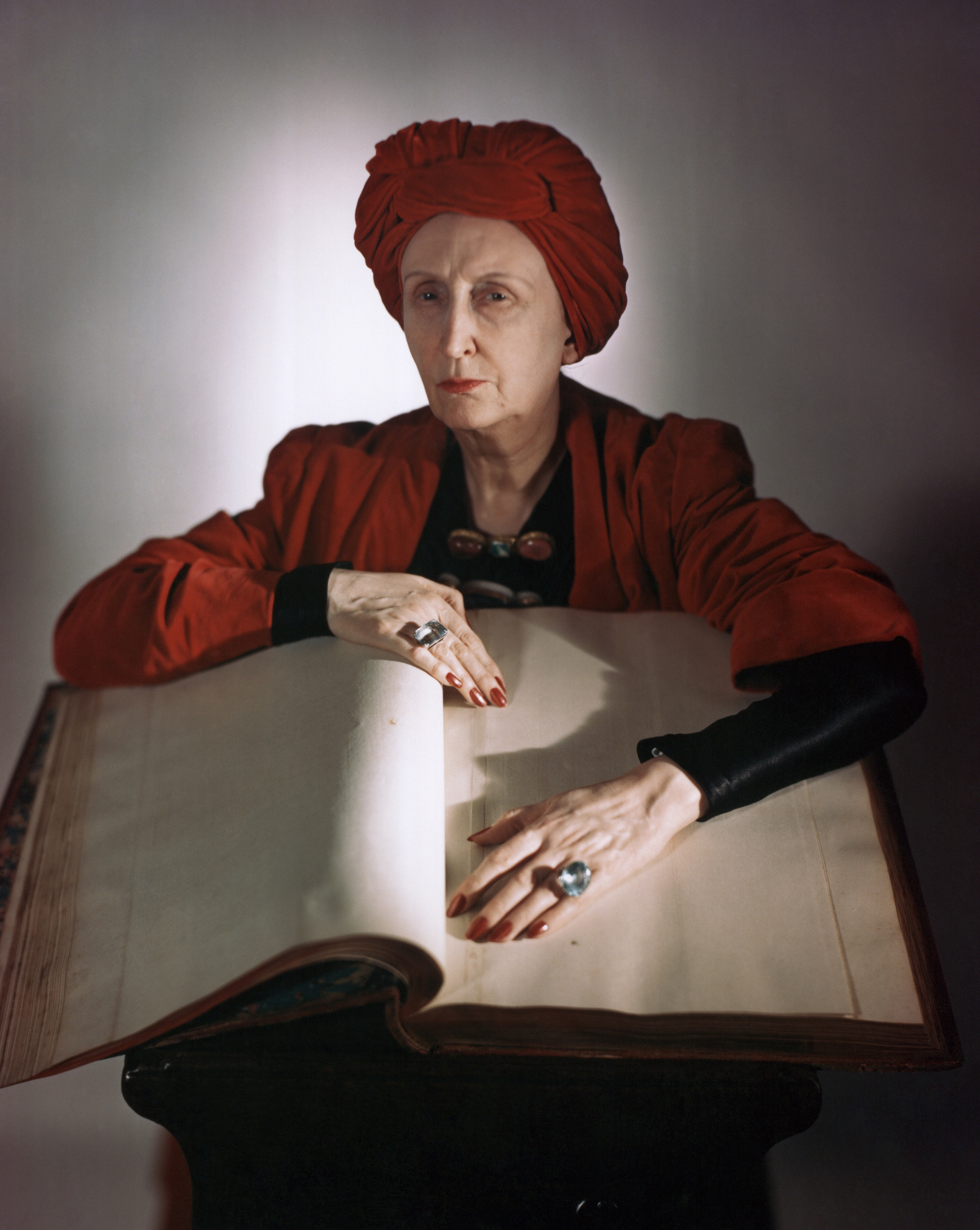Sitwell, Edith (1887-1964), was an English poet, critic, and biographer. She became one of the most controversial literary personalities of her time because of her experimental, often obscure, poetry and her eccentric lifestyle. Sitwell was known for her striking clothing, which included spectacular hats, flowing medieval robes, and enormous pieces of jewelry.

In her argumentative writings, Sitwell attacked the low level of taste she saw in English society. She criticized snobbish social attitudes with poetry that emphasized patterns of sound and imagery. For example, in Gold Coast Customs (1929), Sitwell employed the rhythms of African music to create a satiric comparison between a tribe of African cannibals and society in England during the 1920’s. Sitwell expressed her deep religious feeling and her passionate response to the horrors of World War II in such collections as Street Songs (1942). Sitwell also wrote biographies of English royalty and authors, a novel, and literary and music criticism. Her autobiography, Taken Care Of, was published in 1965, after her death.
Sitwell was born on Sept. 7, 1887, in Scarborough into an aristocratic family. In 1923, she created a sensation with her public reading of Facade (1922), a sequence of 21 poems set to music composed by Sir William Walton. Queen Elizabeth II made her a Dame Commander in the Order of the British Empire in 1954, and she became known as Dame Edith Sitwell. She died on Dec. 9, 1964.
Sitwell’s younger brothers, Sir Osbert Sitwell and Sir Sacheverell Sitwell, also became well-known authors. Sir Osbert’s most enduring work was probably his five-volume autobiography (1944-1950). Sir Sacheverell gained recognition for his travel books and for his studies of art and architecture.
